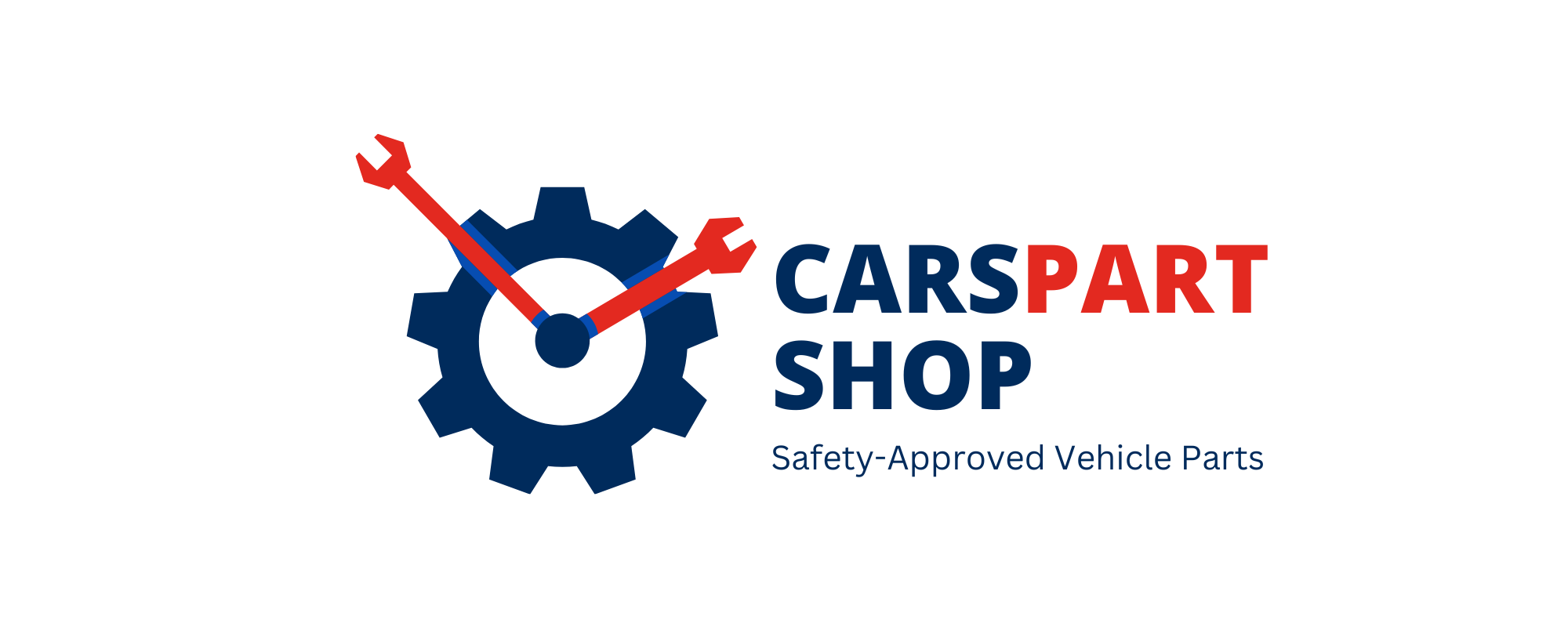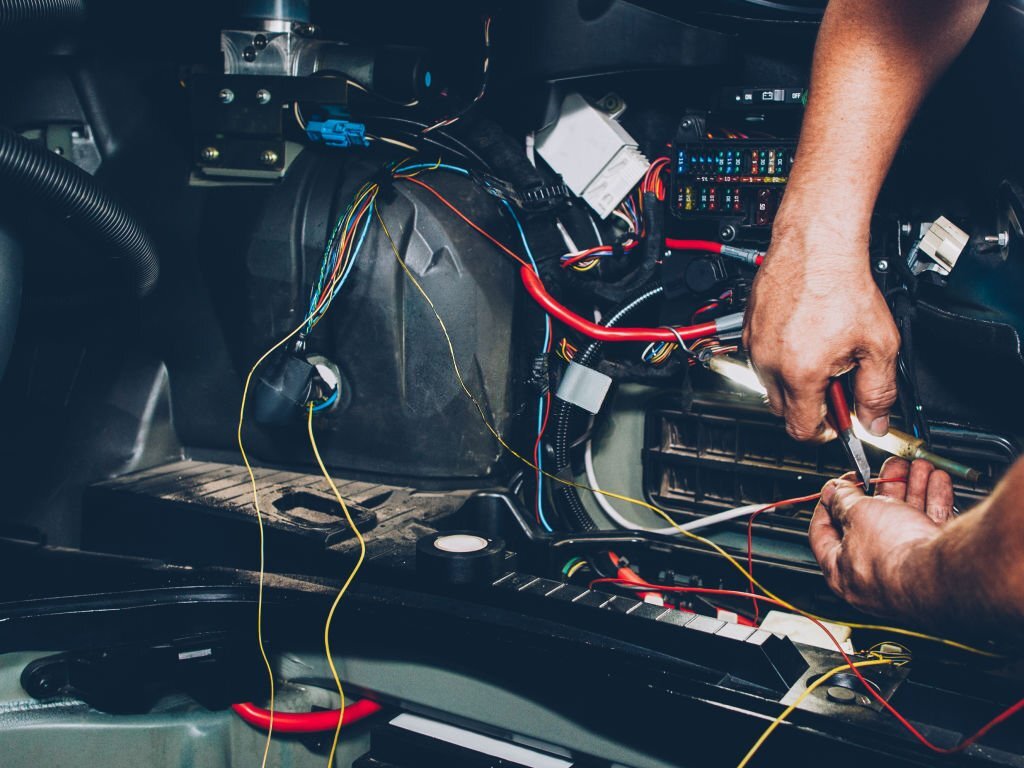Your car is one of your most valuable assets, and when something breaks down, the repair bills can be overwhelming. Buying brand-new parts may seem like the safest option, but they often come with a hefty price tag. This is where used auto parts step in to save the day. Affordable, eco-friendly, and widely available, used parts can keep your car running smoothly without breaking the bank.
But here’s the challenge: not all used auto parts are created equal, and not all car part shops are trustworthy. The key to success is finding reliable shops that prioritize quality and safety. In this article, we’ll dive into practical recommendations to help you source reliable used car parts and explore how to choose the right car part shop.
Why Choosing the Right Shop Matters
Every part you install on your vehicle impacts performance, safety, and longevity. A poorly sourced or incompatible part can cause more harm than good. That’s why selecting a reputable car part shop is just as important as the part itself. A trustworthy shop will ensure:
- • Parts are inspected and tested before sale.
- • Compatibility checks are accurate.
- • The origin of each part is transparent.
- • Customers get fair pricing and warranties.
Step 1: Do Your Research
Before handing over your money, invest time in research.
• Read Reviews: Customer feedback on platforms like Google, Yelp, or Trustpilot provides insights into reliability and service.
• Check Ratings: Look for high overall ratings and consistent positive reviews.
• Browse Forums: Car enthusiast forums often share real-world experiences with shops.
The more research you do, the more confident you’ll feel in your choice.
Step 2: Ask for Recommendations
Sometimes the best advice comes from people you know. Friends, family, and colleagues who have purchased used auto parts can be a goldmine of knowledge. They can:
- • Suggest shops they trust.
- • Share experiences—good or bad.
- • Help you avoid scams and unreliable sellers.
Word-of-mouth recommendations often lead to the most reliable options.
Step 3: Check for Certification
A major green flag when choosing a car part shop is certification. Look for affiliations with professional organizations like:
- • Automotive Recyclers Association (ARA)
- • Better Business Bureau (BBB)
- • State or local licensing boards
These certifications indicate that a shop follows ethical practices, maintains safety standards, and prioritizes customer satisfaction.
Step 4: Verify Parts’ Origins
Reliable shops are transparent about where their parts come from. Always ask:
- • Were the parts sourced from certified salvage yards?
- • Are they OEM (original equipment manufacturer) parts or aftermarket?
- • Were the parts inspected and refurbished before being sold?
A reputable seller won’t hesitate to share this information.
Step 5: Check for Compatibility
One of the most frustrating mistakes car owners make is buying a part that doesn’t fit. To avoid this:
- • Provide your car’s VIN number when shopping.
- • Ask the shop if they have a compatibility-checking system.
- • Confirm whether the part is an exact OEM replacement.
Shops like Cars Part Shop have systems in place to match parts with your specific make, model, and year, ensuring a perfect fit.
The Advantages of Buying Used Auto Parts
Beyond affordability, used auto parts offer several unique advantages:
1. Cost Savings – Often up to 50–70% cheaper than new parts.
2. Wide Selection – Easier to find rare or discontinued parts.
3. Sustainability – Reusing parts reduces landfill waste and manufacturing emissions.
4. OEM Quality – Many parts are original manufacturer components, ensuring reliability.
Red Flags to Avoid
Not every shop is trustworthy. Watch out for:
• No Return Policy: Reputable shops usually offer warranties or return options.
• Vague Part Origins: If they can’t tell you where the part came from, walk away.
• Too-Good-to-Be-True Pricing: Extremely low prices may signal low-quality or counterfeit parts.
• Poor Communication: Reliable sellers are transparent and responsive.
Online vs Local Car Part Shops
Should you buy online or locally? Both options have benefits.
• Local Shops: You can physically inspect the part before buying.
• Online Shops: Larger inventories and often better pricing.
A hybrid approach works best – use online research and reviews, then confirm quality through direct communication.
How Cars Part Shop Helps You Buy with Confidence
Cars Part Shop has built a reputation for offering reliable, affordable, and eco-friendly used auto parts. With a vast inventory and a transparent business model, they take the guesswork out of buying second-hand parts. Key benefits include:
- • Detailed part descriptions.
- • Compatibility checks with your vehicle.
- • Inspected and tested components.
- • Customer support for guidance.
Practical Tips for First-Time Buyers
- • Always compare prices across multiple shops.
- • Keep your VIN number handy.
- • Ask about return and warranty policies.
- • Save receipts and documentation for future reference.
Conclusion
Finding reliable used auto parts doesn’t have to be overwhelming. By doing thorough research, seeking recommendations, checking certifications, verifying origins, and confirming compatibility, you can confidently select a car part shop that meets your needs.
Shops like Cars Part Shop make the process seamless, offering transparency, affordability, and peace of mind. With the right approach, you’ll save money, protect the environment, and keep your vehicle running at its best – all without compromising safety or quality.
FAQs
Yes. When purchased from reputable shops, used auto parts are tested and inspected for performance, making them safe and reliable.
Look for certifications, customer reviews, and transparency about part origins.
Most reliable shops, including Cars Part Shop, offer return policies or warranties. Always confirm before purchasing.
OEM used parts are typically better because they’re designed specifically for your vehicle, ensuring a perfect fit.
Absolutely. Reusing parts reduces landfill waste and decreases the carbon footprint of manufacturing new parts.







